
Stanford, CA – In a highly anticipated session at Stanford University’s Entrepreneurial Thought Leader Seminar, Sam Altman, the co-founder and CEO of OpenAI, shared his insights on the rapidly evolving world of artificial intelligence (AI), entrepreneurship challenges, and technology’s future. The seminar, attended by aspiring entrepreneurs and tech enthusiasts, provided a rare glimpse into the mind of one of today’s leading innovators.
The Path to OpenAI: Breaking Boundaries and Building the Future
Sam Altman’s journey is a testament to the power of innovation and the relentless pursuit of progress. From his early days as a Stanford undergraduate to co-founding OpenAI, Altman has consistently pushed the boundaries of what’s possible. Reflecting on his time at Stanford, Altman described himself as “excited, optimistic, and curious,” traits that continue to drive him today.
After graduating from Stanford to join Y Combinator, Altman spent years in the startup ecosystem before co-founding OpenAI in 2015. OpenAI has since become a household name, known for its groundbreaking work in AI, including the development of ChatGPT, which set the record for the fastest-growing app in history.
Advice for Aspiring Entrepreneurs: Trust Your Instincts
When asked what advice he would give Stanford students today, Altman emphasized the importance of trusting one’s instincts and pursuing non-consensus ideas. He urged entrepreneurs to focus on what excites them rather than following the crowd and highlighted the importance of learning by doing. “You kind of just learn how to run a startup by running a startup,” Altman said, quoting Y Combinator co-founder Paul Graham.
Altman also discussed the current landscape for AI startups, calling it “the best time to start a company since the internet’s rise.” He encouraged students to consider the vast opportunities in AI and be aware of the challenges of operating in this rapidly evolving field.
The Future of AI: Bigger, Smarter, and More Integrated
Looking to the future, Altman discussed the ongoing development of AI and its potential to transform society. He highlighted the importance of building large-scale AI infrastructure, including data centers, chips, energy, and networks. According to Altman, AI will become an increasingly essential part of the global economy, potentially creating significant value for society.
However, Altman quickly acknowledged the challenges and ethical considerations associated with AI. He expressed concerns about AI’s subtle dangers, such as its impact on mental health and societal well-being, noting that these issues are often overlooked in favor of more sensational threats.
Ethics and Responsibility: Navigating the AI Landscape
Ethical AI deployment was a recurring theme throughout the seminar. Altman stressed the need for iterative deployment, allowing society to adapt and influence the development of AI systems. He argued that while AI has the potential to be a tremendous force for good, it must be deployed responsibly to avoid unintended consequences.
“I am worried about what rate society can adapt to something so new,” Altman said, acknowledging the difficulties in balancing technological advancement with societal readiness.
Resilience and Self-Awareness: Keys to Success
In a discussion on resilience, Altman emphasized the importance of adaptability in an era of rapid change. He encouraged students to cultivate resilience and self-awareness, which he sees as crucial for navigating the challenges of entrepreneurship and technological innovation.
Altman also reflected on his strengths and weaknesses, noting that while his broad skill set has served him well, his bias towards pro-technology can sometimes be a double-edged sword. He advised students to be mindful of their motivations and continuously seek self-improvement.
The Big Picture: A Vision for 2030
When asked about his vision for 2030, Altman painted a picture of a transformed and familiar world. He envisions a future where AI has significantly advanced, making human life easier and more productive, yet many aspects of daily life remain unchanged. Altman believes that while AI will bring about significant changes, it will ultimately be integrated into society’s fabric naturally and incrementally.
As the seminar drew close, Altman reminded the audience of the importance of innovation and adaptability in shaping the future. “The way that balance gets negotiated of safety versus freedom and autonomy… we’ll do the best we can here. We society will do the best we can here,” he concluded.
Conclusion: A Call to Action
Sam Altman’s seminar at Stanford was more than just a talk; it was a call to action for the next generation of entrepreneurs and innovators. His insights into the future of AI, the importance of resilience, and the need for responsible innovation resonated deeply with the audience. As Altman continues to push the boundaries of technology, his message is clear: the future is what we make of it, and it’s up to us to ensure that it benefits all humanity.
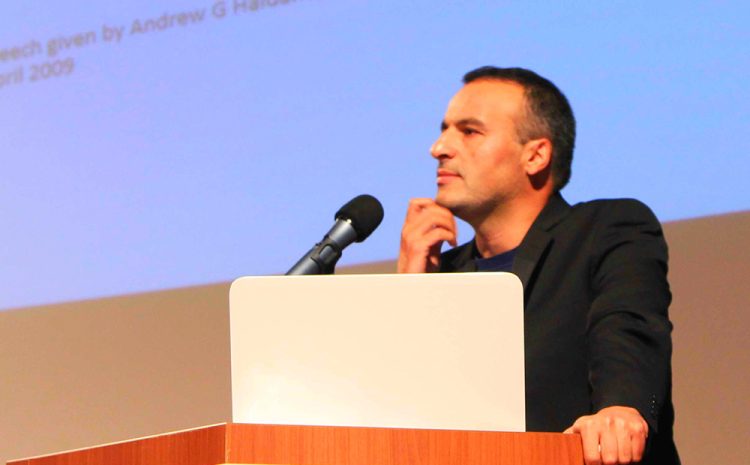
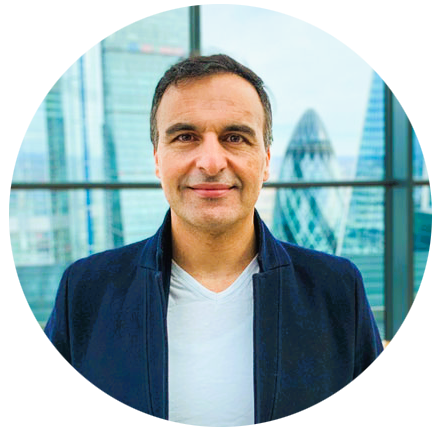
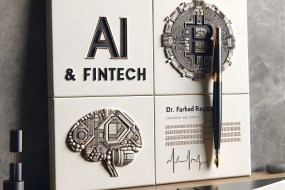
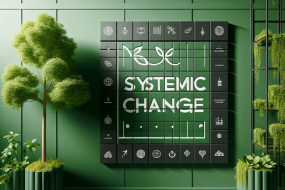
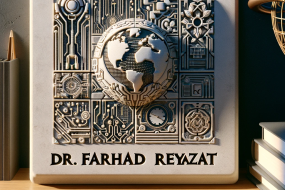

No Comments